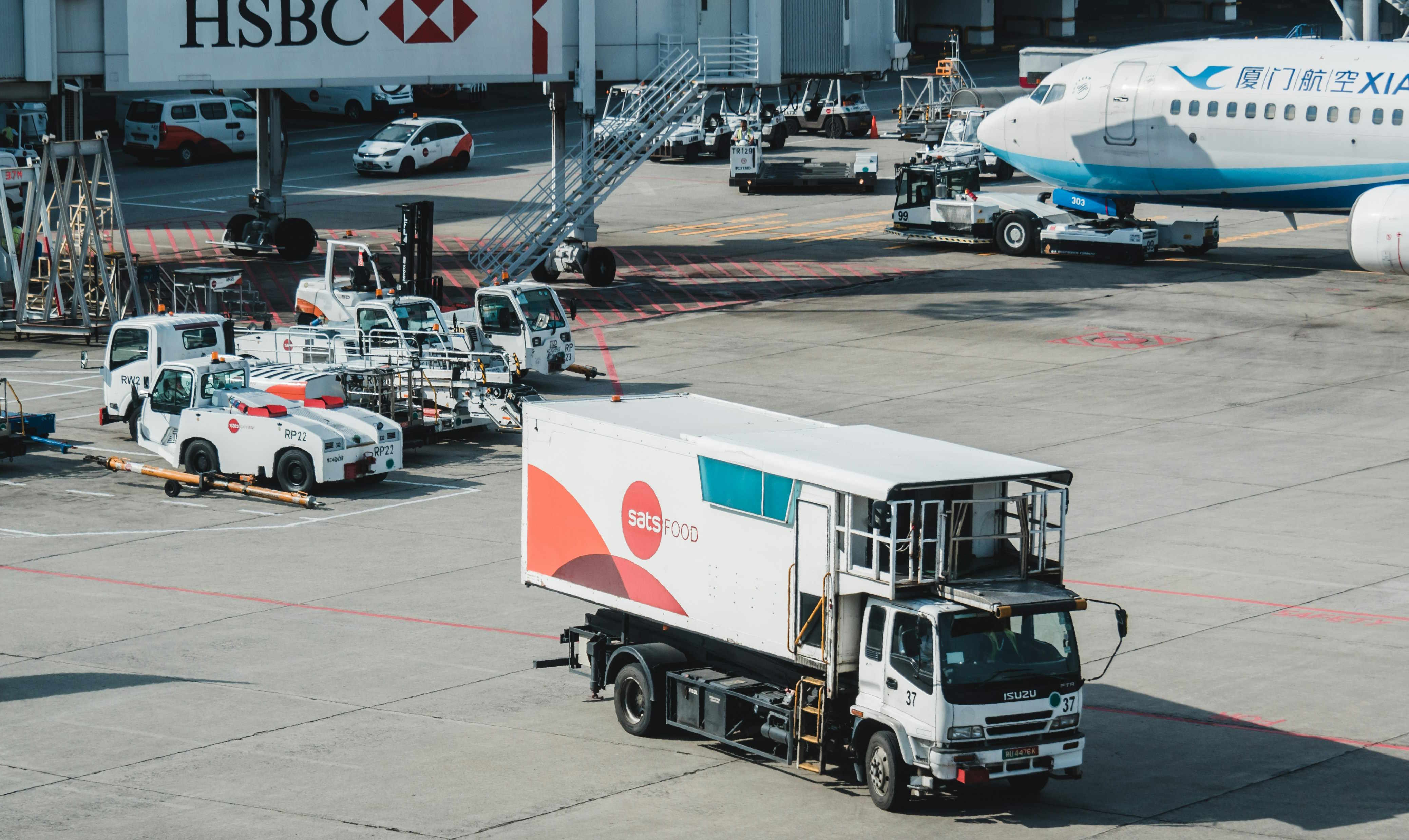Understanding Food Truck Rental Models: A Smart Choice for Starting Your Mobile Food Business
Starting a mobile food business doesn't always require purchasing an expensive food truck outright. Food truck rental models offer entrepreneurs a flexible, cost-effective pathway into the thriving mobile food industry. These rental arrangements provide access to fully equipped commercial kitchens on wheels while minimizing initial capital investment and financial risk. From short-term event rentals to long-term lease agreements, various rental models cater to different business needs and budgets.

The mobile food industry has experienced tremendous growth, with food trucks becoming a popular choice for aspiring restaurateurs seeking lower startup costs and operational flexibility. Rather than investing tens of thousands of dollars in purchasing a food truck, many entrepreneurs are discovering the benefits of rental arrangements that provide immediate access to commercial-grade mobile kitchens without the substantial upfront investment.
Classification and Analysis of Food Truck Rental Models
Food truck rental models fall into several distinct categories, each designed to meet specific business requirements. Short-term rentals typically range from daily to monthly arrangements, perfect for testing business concepts or catering special events. Medium-term rentals span three to twelve months, allowing entrepreneurs to establish their brand and build a customer base. Long-term lease agreements extend beyond one year and often include purchase options, providing stability for established businesses ready to expand.
Rent-to-own programs represent another popular model, combining rental flexibility with eventual ownership. These arrangements typically require lower initial payments compared to traditional financing while building equity over time. Some rental companies also offer seasonal arrangements, accommodating businesses that operate primarily during warmer months or specific event seasons.
Advantages of Renting a Food Truck
Renting a food truck offers numerous advantages over purchasing, particularly for new entrepreneurs. The most significant benefit is reduced financial risk, as rental agreements require substantially lower upfront costs compared to truck purchases or traditional financing. This approach preserves working capital for inventory, marketing, and operational expenses during the critical startup phase.
Maintenance and repair responsibilities often fall under the rental agreement, eliminating unexpected mechanical costs that can devastate small business budgets. Many rental companies provide fully equipped trucks with commercial-grade appliances, refrigeration systems, and safety equipment already installed and certified. This turnkey approach allows entrepreneurs to focus on food preparation and customer service rather than equipment procurement and installation.
Flexibility represents another key advantage, as rental agreements can be adjusted based on seasonal demand or business growth. Entrepreneurs can upgrade to larger trucks or different configurations as their operations expand, without being locked into a single vehicle investment.
Understanding the Food Truck Rental Process
The food truck rental process typically begins with assessing business needs, including expected daily volume, menu requirements, and operational territory. Rental companies evaluate potential lessees based on business plans, financial stability, and relevant experience in food service or business management.
Most rental agreements require security deposits ranging from one to three months’ rent, along with proof of business insurance and required permits. The application process includes credit checks, business license verification, and sometimes personal guarantees from business owners. Some companies offer mentorship programs or business development support as part of their rental packages.
Inspection and training phases ensure operators understand equipment functionality, safety protocols, and maintenance requirements. Many rental companies provide operational manuals and ongoing technical support throughout the rental period.
Food Truck Financing Solutions
While rental arrangements reduce immediate financial pressure, understanding available financing options remains important for long-term business planning. Traditional small business loans, equipment financing, and SBA programs offer pathways to eventual truck ownership. Some rental companies partner with financing institutions to provide seamless transitions from rental to ownership.
Alternative financing options include crowdfunding campaigns, investor partnerships, and equipment leasing programs. Many successful food truck operators combine rental periods with aggressive savings plans, building capital for eventual truck purchases while maintaining operational flexibility.
Looking for Used Food Truck Rentals
Used food truck rentals often provide the most cost-effective entry point into mobile food service. These vehicles typically feature established equipment configurations and proven operational histories, though they may require more frequent maintenance. Rental companies specializing in used trucks often offer flexible terms and lower monthly payments, making them attractive for budget-conscious entrepreneurs.
When evaluating used rental options, consider equipment age, maintenance records, and remaining useful life of major components. Some used trucks come with established routes or customer relationships, providing additional value beyond the physical vehicle.
| Rental Type | Duration | Monthly Cost Range | Key Benefits |
|---|---|---|---|
| Short-term | 1-30 days | $2,000-$4,000 | Event flexibility, concept testing |
| Medium-term | 3-12 months | $1,500-$3,000 | Brand building, market establishment |
| Long-term lease | 12+ months | $1,200-$2,500 | Stability, purchase options |
| Rent-to-own | 24-60 months | $1,800-$3,500 | Equity building, eventual ownership |
| Used truck rental | Variable | $800-$2,000 | Lower costs, established equipment |
Prices, rates, or cost estimates mentioned in this article are based on the latest available information but may change over time. Independent research is advised before making financial decisions.
Food truck rental models provide entrepreneurs with flexible pathways into the mobile food industry while minimizing financial risk and operational complexity. By understanding available rental options, financing solutions, and operational requirements, aspiring food truck operators can make informed decisions that align with their business goals and financial capabilities. Success in the mobile food industry depends on careful planning, quality food preparation, and strategic market positioning, all of which become more achievable through thoughtful rental arrangements.




